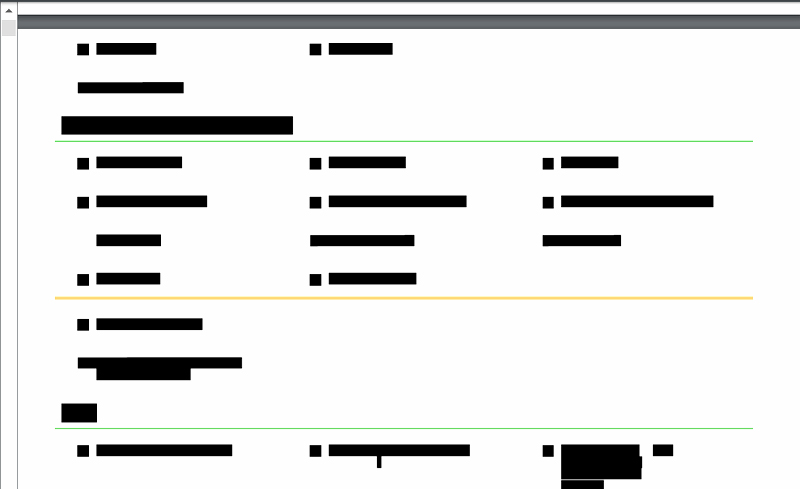This is an opinion column.
We should have known from the get-go this Alabama medical marijuana venture would be a trip.
Long. Strange. Fuzzy.
When the Alabama Legislature decided to legalize medical marijuana in 2021, it demanded that cannabis gummies be shaped into cubes or lozenges, to be less appealing to kids, and that each and every one of them be peach flavored.
Not because peaches are delicious. Not because peaches are Alabama’s leading commercial fruit, which they are. Not even because of peach pride.
The Alabama Legislature chose peach flavoring because it demanded that gummies may “not be processed into a form that is attractive to or targets children.”
And peaches, according to those dopes, are the pits. Bunch of fuzzkills. It’s an affront to peach lovers everywhere.
Then again, as John McMillan, the director of the Alabama Medical Cannabis Commission put it Friday, “Unfortunately it’s a bad year for peaches.”
He was joking. But it is fitting still.
It has now been two years since the passage of the law, and the AMCC, the group that decides what companies get to join Alabama’s legal pot businesses, is under fire from a series of lawsuits that claim ineptitude and poorly handled applications. Plaintiffs argue the commission outsourced decision-making power rather than making its own picks, that it gave some companies special treatment and operates in a purple haze of secrecy.
In the last three AMCC hearings, for instance, the body convened and went almost immediately into executive session, according to minutes and lawsuits. And while companies that apply for licenses are posted on the AMCC site, most have been redacted beyond all recognition, striking through names, locations, everything.
McMillan said the choice of whether to redact information “was left up to the applicants,” but said neither the evaluators nor the commissioners “were encumbered by the redactions.”
As I was encumbered by confusion, I asked for clarity.
“Meaning they weren’t redacted to you?” I asked.
“That’s right,” McMillan said. “Everybody that counted.”
Ouch. What about the other 5 million of us?
I mean, why does the state want to do business with people who don’t want to be seen? That seems a lot like the pot business before this law.
And here I thought paying taxes in this lovely land made us stockholders in the state’s success and failure.
I must be high.
At issue in the latest lawsuit is how the AMCC, despite being charged under the law with administering the cannabis rules, used the University of South Alabama to score the applications. USA then advertised for evaluators to do the job, as long as they completed one online training session.
McMillan serves on the Board of Directors of the University of South Alabama Foundation, along with USA President Jo Bonner, former chief of staff to Gov. Kay Ivey.
A suit filed Thursday by Alabama Always LLC argued the commission on June 12 went behind closed doors to rubber stamp the list vetted by the South Alabama group.
“The Commission emerged from an hours-long executive session meeting and voted with no debate to accept a slate of applicants to be granted licenses,” the suit says. “In fact, it was not clear to many observers that a vote was taken in public as opposed to executive session. The slate approved by the Commission consisted of the applicants that a group of anonymous ‘graders’ or ‘scorers’ had rated highest on a set of criteria.”
The commission has acknowledged the process was flawed. In a meeting last week it said it would no longer issue licenses based on the June 12 meeting because it found problems with the way the applications were scored. The lawsuits and other delays may push the launch of Alabama’s medical marijuana program to next year.
McMillan said he couldn’t talk about the lawsuits, but said “It’s been as clean and clear a process as you could possibly have, and politically free for that matter.”
He defended the AMCC’s work and said some applicants are sure to be dissatisfied simply because of the numbers.
There are 38 applicants for the highest level of marijuana growth and distribution, but only five available licenses.
“It means no matter what happens … we’re going to have five happy people and 33 unhappy people,” he said.
In other words, everything is just peachy.
It would be easier to believe if we could just peel away the fuzz.












